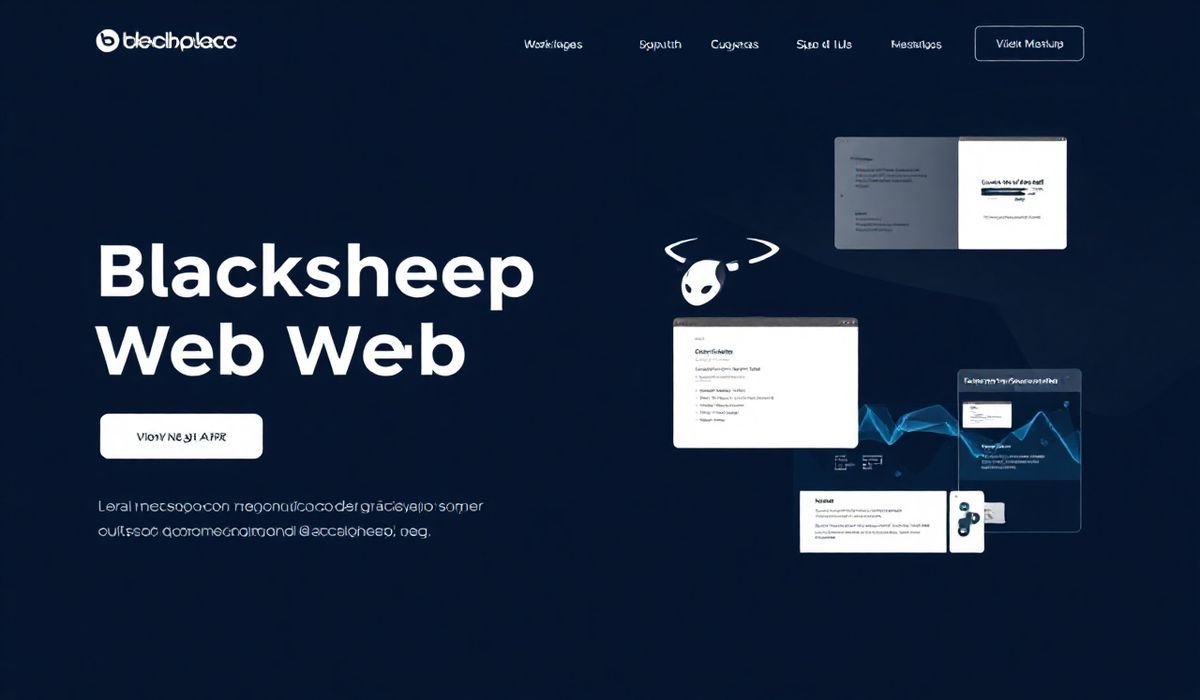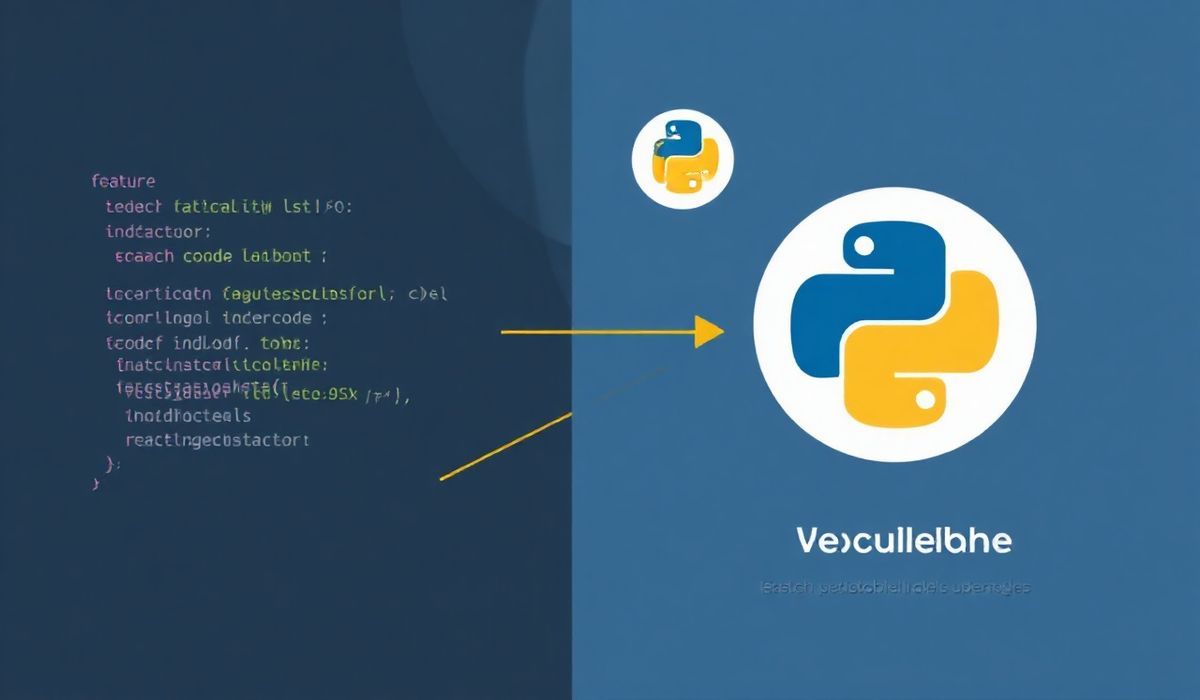Introduction to BlackSheep
BlackSheep is a modern, fast, and lightweight Python web framework for building APIs and web applications. It takes full advantage of asynchronous programming and provides developers with tools to create clean, maintainable, and high-performance APIs.
Why Choose BlackSheep?
BlackSheep is designed to allow developers to create web applications with fewer lines of code and more flexibility. Its excellent performance, simple design, and comprehensive documentation make it one of the preferred frameworks in the Python ecosystem.
Getting Started
To install BlackSheep, you can use pip:
pip install blacksheep
Hello World Example
Let us dive into a simple “Hello World” example with BlackSheep:
from blacksheep import Application
app = Application()
@app.route("/")
async def home():
return "Hello, World!"
if __name__ == "__main__":
app.start()
Run this script, and your API will be available at http://localhost:8080/.
Exploring BlackSheep APIs
BlackSheep provides dozens of useful APIs that simplify building applications. Below, we will explore many APIs along with examples:
1. Routing
You can define routes with decorators like this:
@app.route("/users")
async def get_users():
return [{"name": "John Doe"}, {"name": "Jane Doe"}]
2. Path Parameters
Routes can include path parameters easily:
@app.route("/users/{user_id}")
async def get_user(user_id: int):
return {"user_id": user_id}
3. Query Parameters
To handle query parameters in a request:
@app.route("/search")
async def search_items(query: str):
return {"query": query}
4. JSON Response
Make use of JSON responses:
from blacksheep.messages import json
@app.route("/api/data")
async def get_data():
return json({"message": "This is JSON data"})
5. Middleware
Add custom middleware for pre/post request processing:
@app.middleware
async def log_request(request, handler):
print(f"Handling request: {request.url}")
response = await handler(request)
return response
6. Static Files
Serve static files such as CSS or JavaScript:
app.serve_files("/static", "./static_folder")
7. Dependency Injection
Easily define and inject dependencies:
from blacksheep import FromHeader
@app.route("/auth-check")
async def auth_check(authorization: str = FromHeader("Authorization")):
return {"is_authorized": bool(authorization)}
Application Example
Here’s a more comprehensive example that combines several APIs introduced above into a small application:
from blacksheep import Application
from blacksheep.messages import json
app = Application()
# Route to get user list
@app.route("/users")
async def get_users():
return [{"name": "John Doe"}, {"name": "Jane Doe"}]
# Route with path parameter
@app.route("/users/{user_id}")
async def get_user(user_id: int):
return {"user_id": user_id}
# Route with query parameter
@app.route("/search")
async def search_items(query: str):
return {"query": query}
# JSON response example
@app.route("/hello-json")
async def json_response():
return json({"greeting": "Hello, BlackSheep!"})
# Middleware to log requests
@app.middleware
async def log_request(request, handler):
print(f"Request path: {request.url}")
return await handler(request)
# Serve static files
app.serve_files("/static", "./static_folder")
if __name__ == "__main__":
app.start()
This application includes user APIs, query handling, JSON responses, middleware, and static file serving for a well-rounded BlackSheep app.
Conclusion
BlackSheep is an ideal choice for developers seeking a high-performance, modern Python web framework. With its intuitive API and excellent support for asynchronous programming, you can build robust and scalable web applications quickly.




